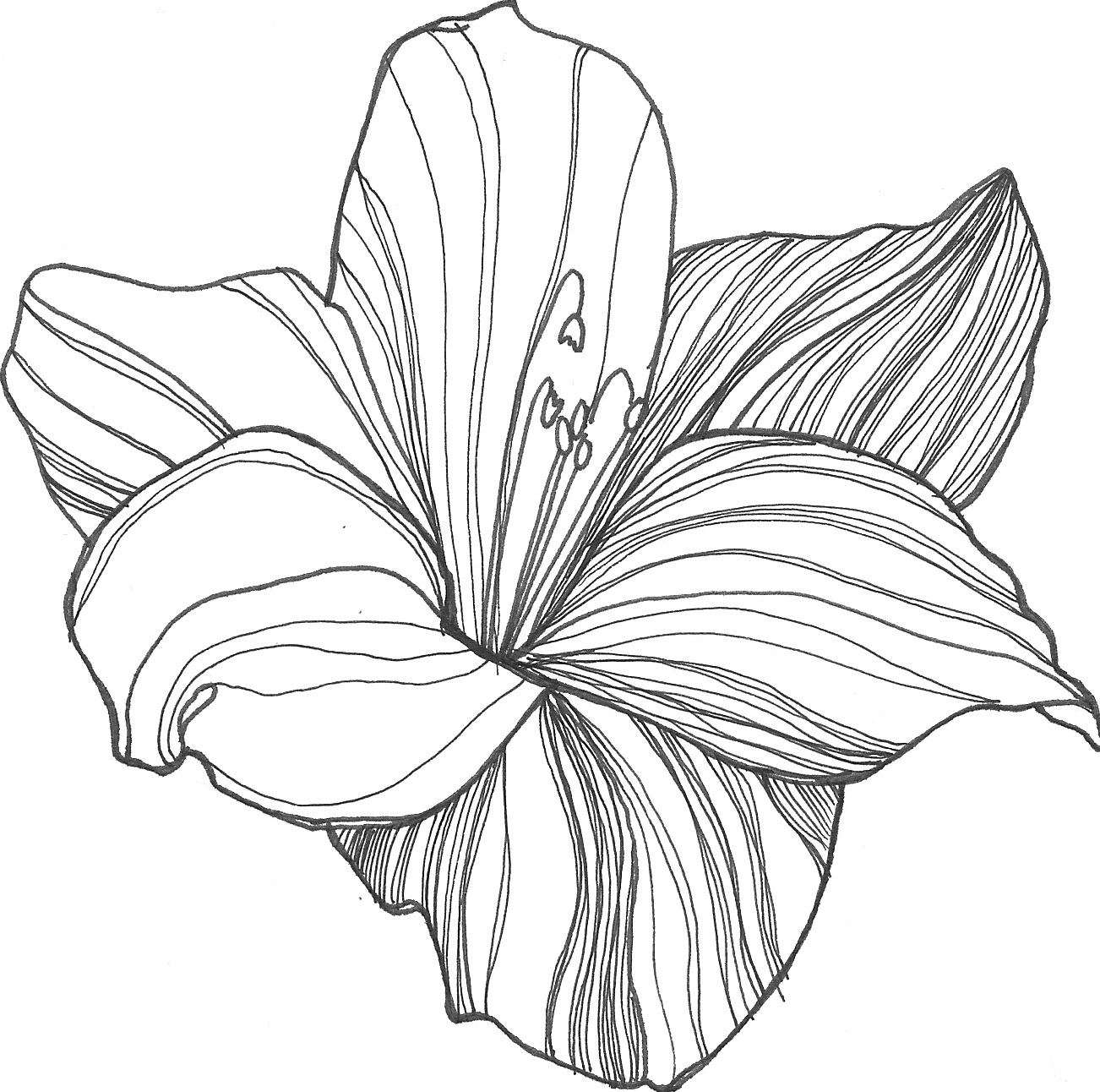
Introduction
Flowers are a common subject for drawings, and many people enjoy creating beautiful artwork depicting various types of flowers. Whether you are an experienced artist or just starting out, drawing flowers can be a fun and rewarding activity. In this article, we will explore different techniques and tips for creating stunning flower drawings.
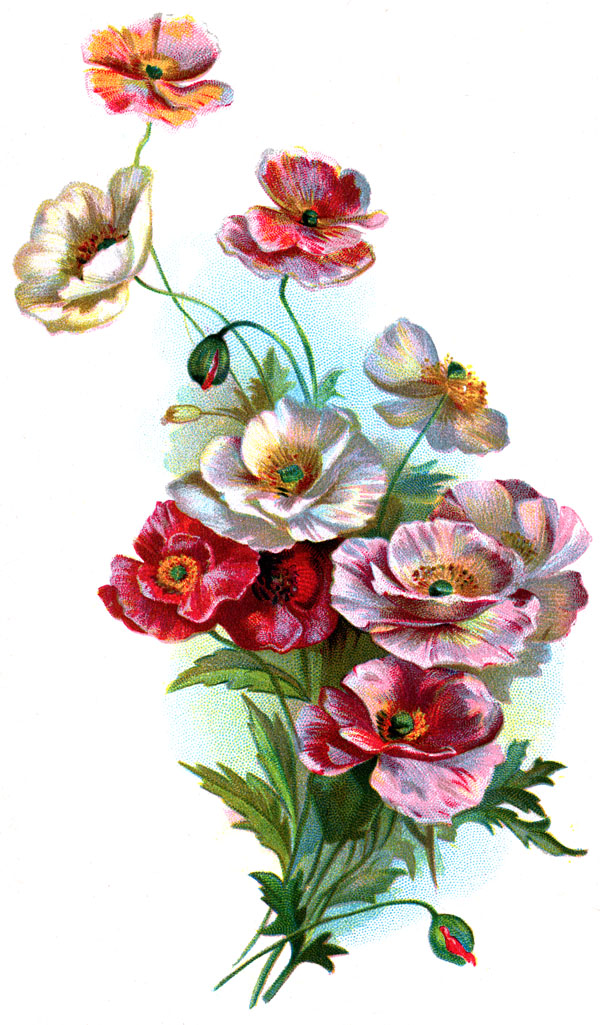
Choosing the Right Materials
Before you start drawing flowers, it's important to gather the right materials. A good quality sketchbook, pencils, erasers, and colored pencils or markers are essential for creating detailed and vibrant flower drawings. Experiment with different types of paper and pencils to find what works best for you.
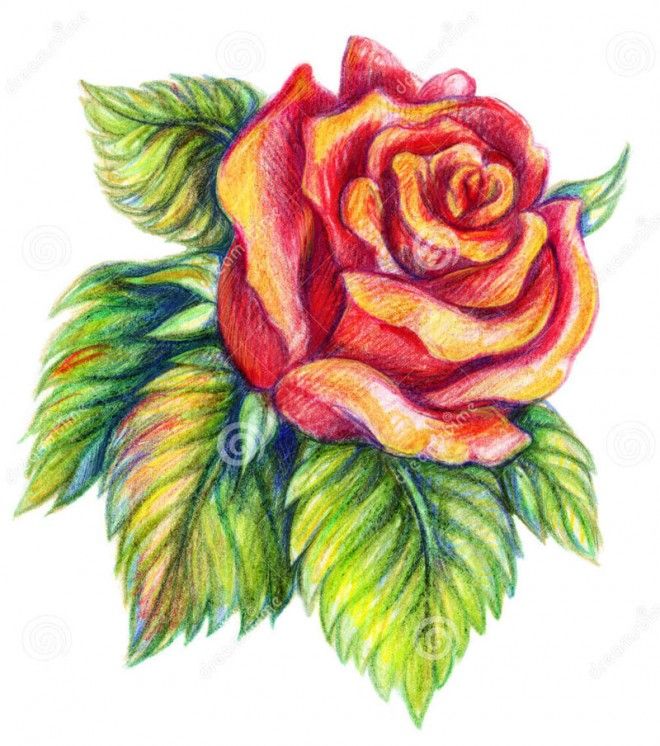
Observing and Sketching
When drawing flowers, it's important to observe their shapes, sizes, and details. Take some time to study real flowers or reference images to understand their unique characteristics. Start by sketching the basic shapes and outlines of the flowers, focusing on capturing their proportions and overall structure.
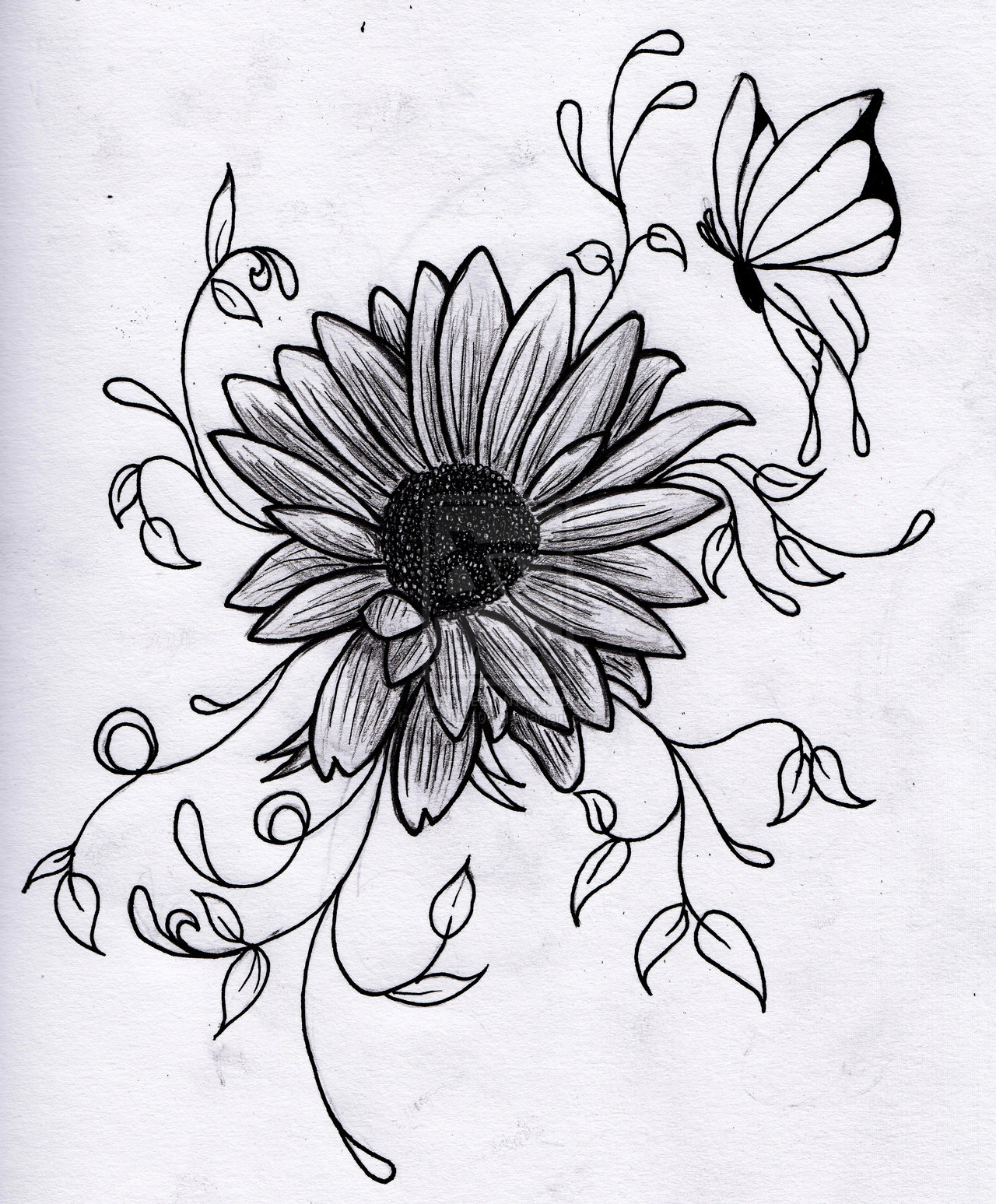
Adding Details and Textures
Once you have the basic outline of the flowers, it's time to add details and textures. Pay attention to the petals, leaves, and stems, and use shading techniques to create depth and dimension. Experiment with cross-hatching, stippling, or blending techniques to achieve different textures and effects.
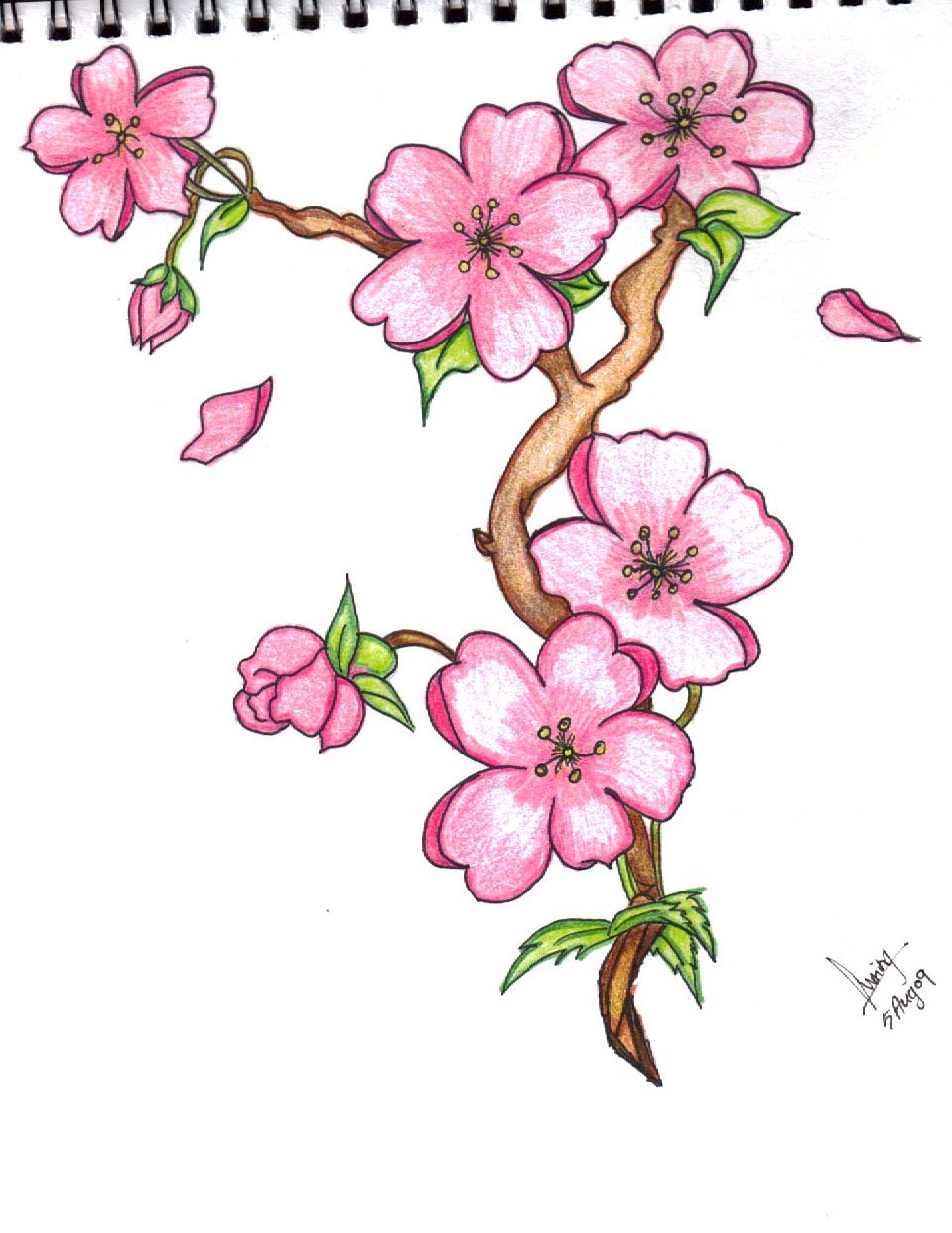
Exploring Different Styles
Flower drawings can be created in various styles, from realistic to abstract. Experiment with different artistic styles to find your own unique approach. You can try botanical illustrations, impressionistic drawings, or even create stylized and imaginative flower designs.
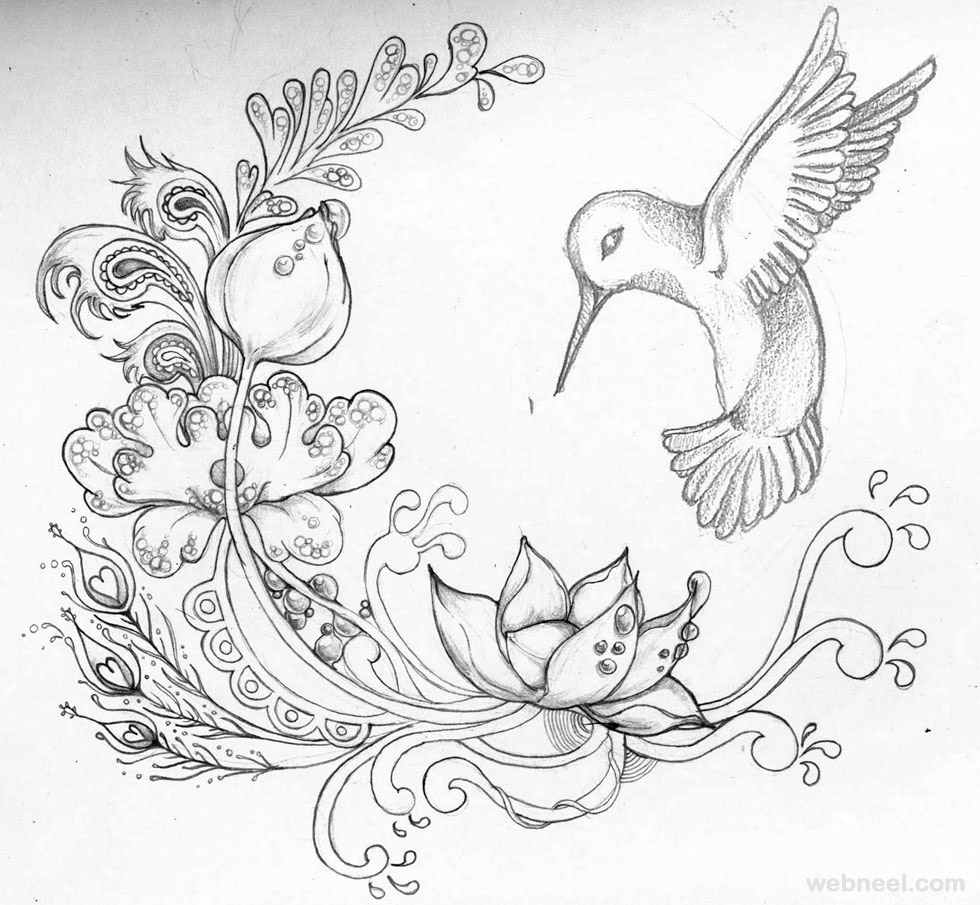
Using Colors
Colors can bring life and vibrancy to your flower drawings. Consider using colored pencils, markers, or watercolors to add a pop of color to your artwork. Study color theory and experiment with different color combinations to create visually appealing flower drawings.
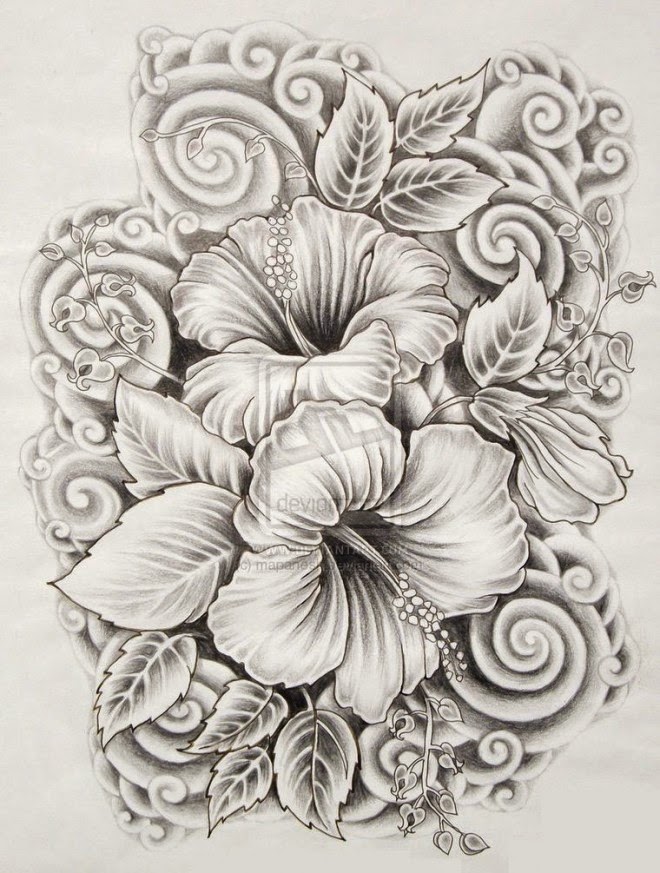
Creating Composition
When drawing multiple flowers, it's essential to create a well-balanced composition. Arrange the flowers in a visually pleasing way, considering their sizes, shapes, and placement on the page. You can also add other elements like leaves, stems, or a background to enhance the overall composition.
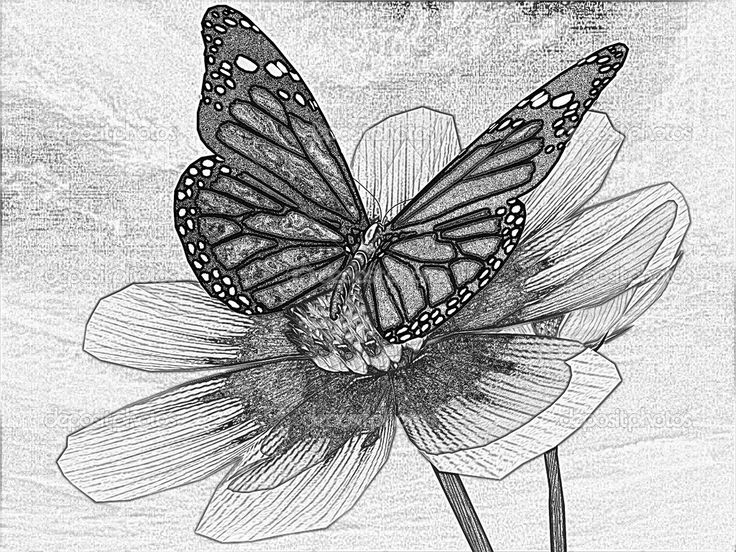
Adding Depth and Perspective
To make your flower drawings more realistic, it's important to add depth and perspective. Use techniques like overlapping petals, varying sizes, and shading to create a sense of depth. Consider the light source and cast shadows to make your flowers appear three-dimensional.
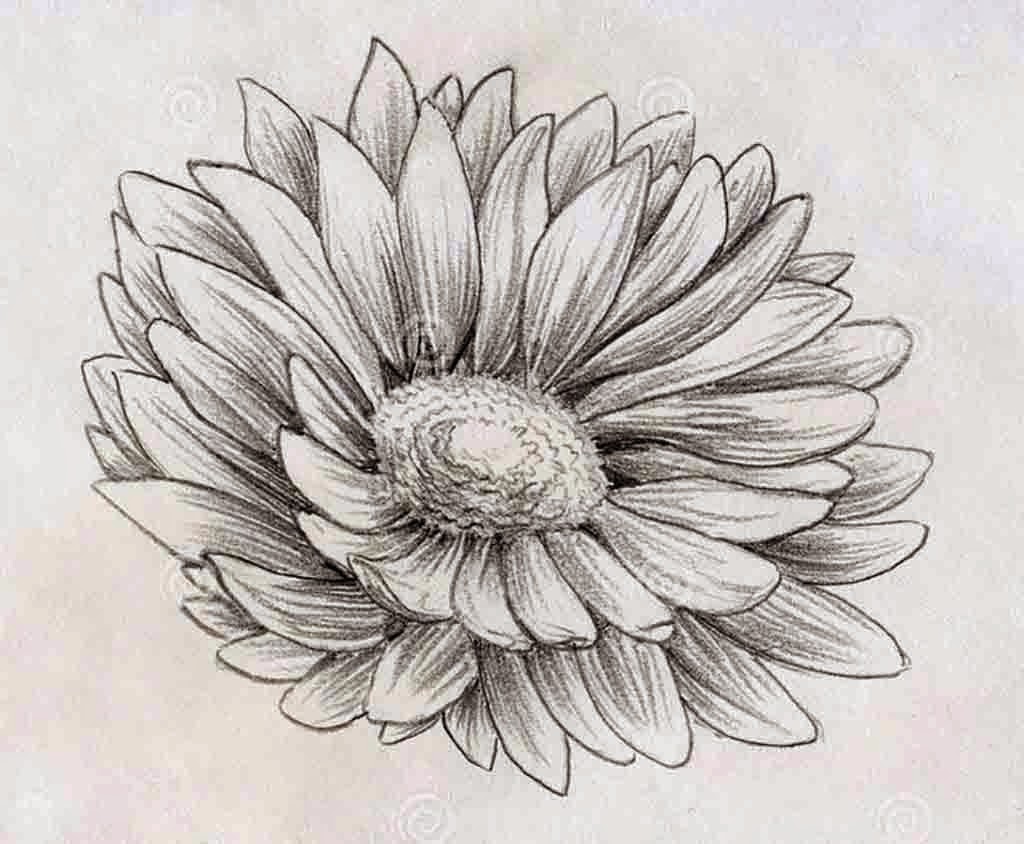
Experimenting with Different Flowers
There is a wide variety of flowers to choose from when creating drawings. Experiment with different types of flowers, such as roses, sunflowers, daisies, or tulips. Each flower has its own unique shape, texture, and character, providing endless inspiration for your artwork.
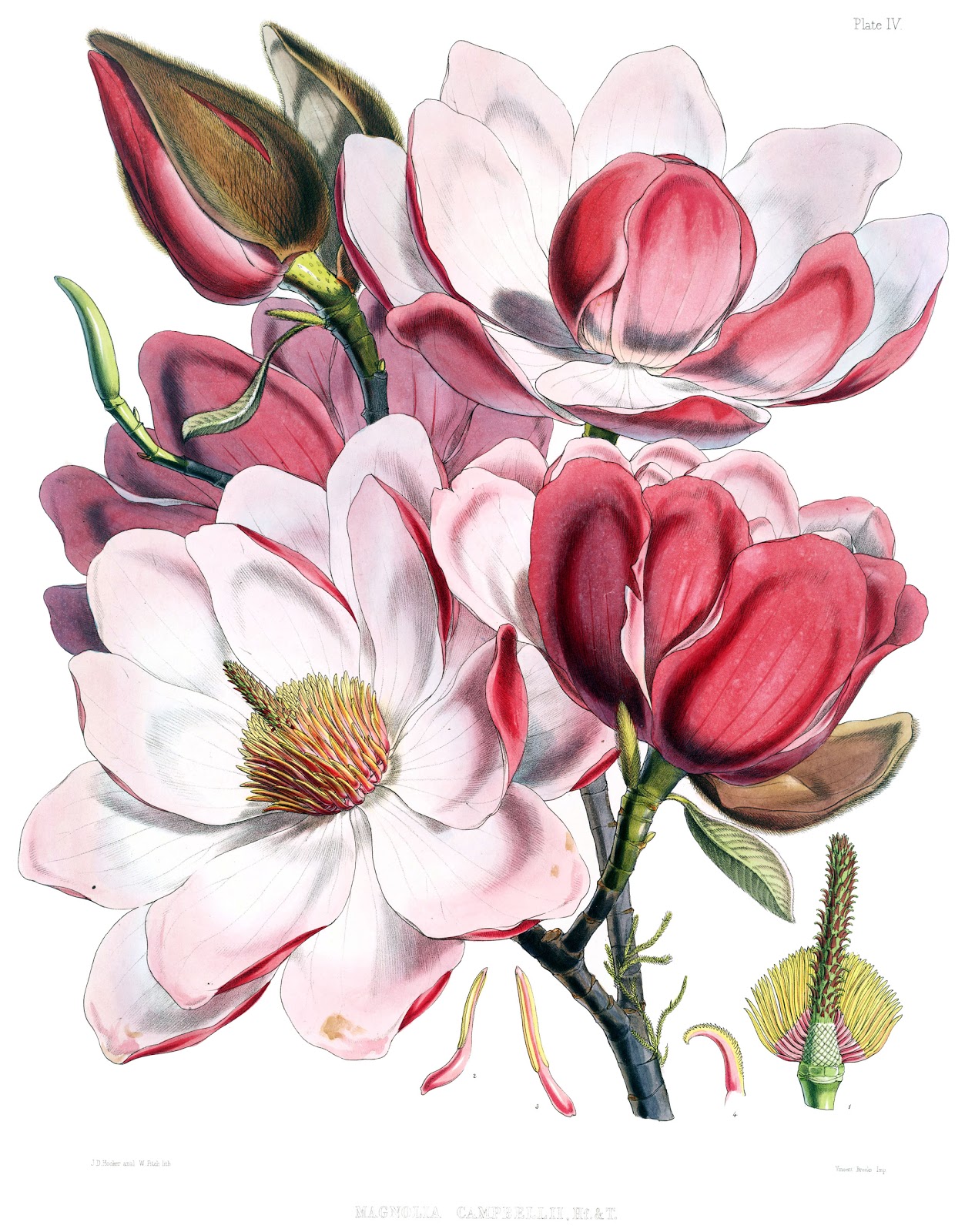
Seeking Inspiration
If you're feeling stuck or in need of inspiration, don't hesitate to seek inspiration from other artists or nature itself. Look at flower illustrations, paintings, or photographs to gather ideas and spark your creativity. Take walks in nature and observe real flowers to get inspired by their beauty.
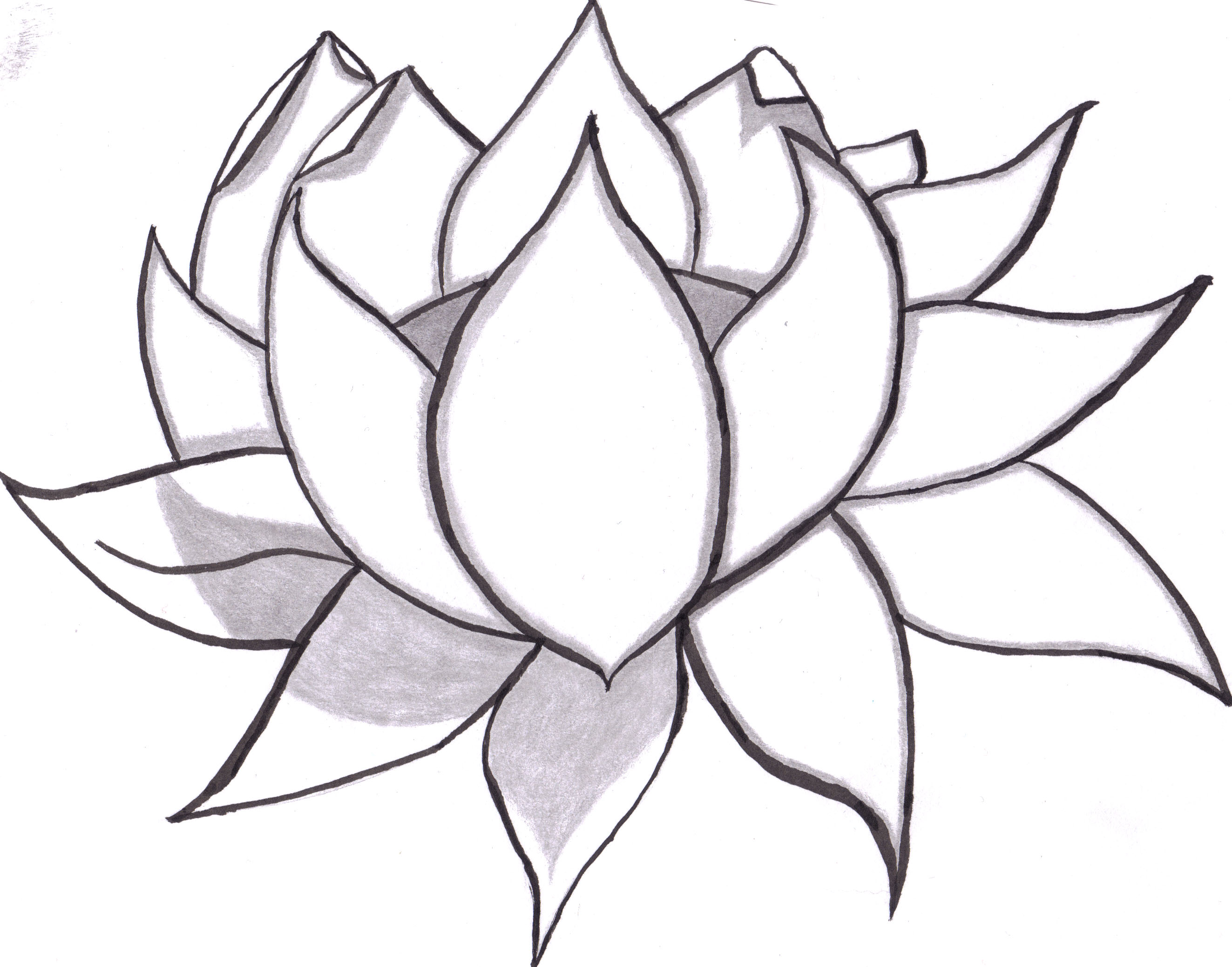
Practice Regularly
Like any skill, drawing flowers requires practice. Set aside regular time to practice your drawing skills and experiment with different techniques. The more you practice, the better you will become at capturing the essence and beauty of flowers in your artwork.
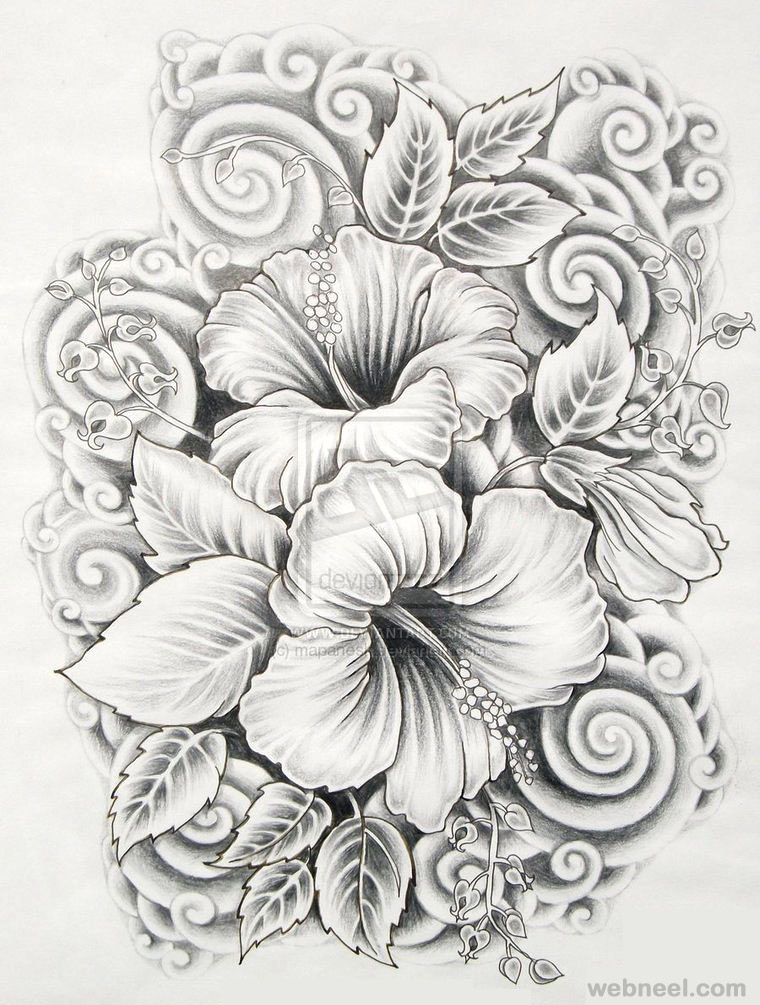
Conclusion
Drawing flowers can be a wonderful and enjoyable activity, allowing you to express your creativity and appreciate the beauty of nature. By following the tips and techniques mentioned in this article, you can create stunning flower drawings that are sure to impress. Remember to practice regularly and have fun with your artwork!